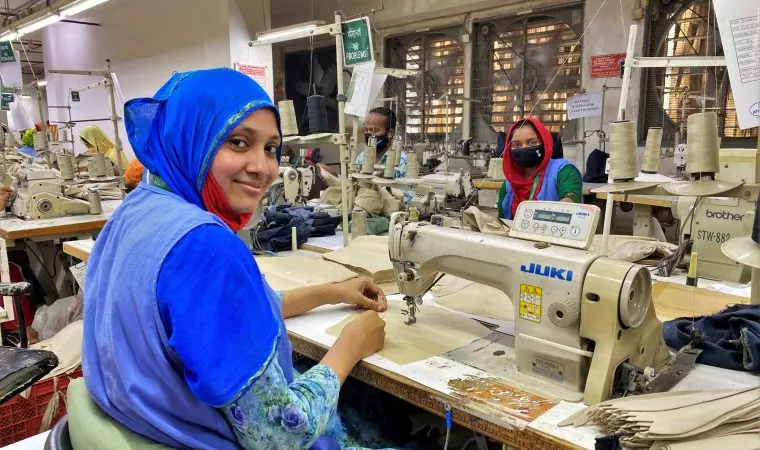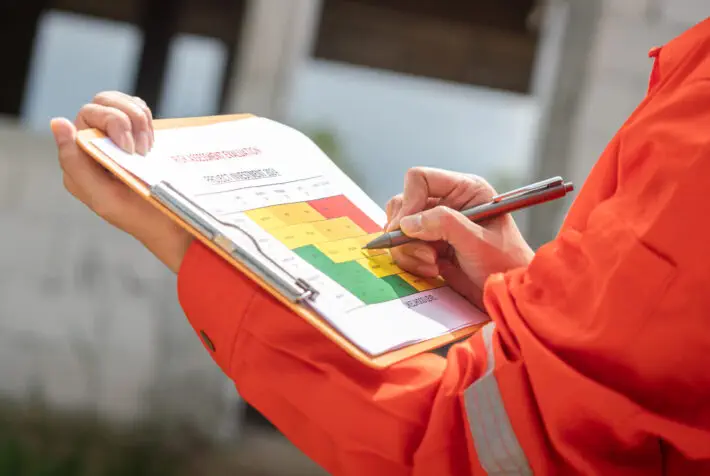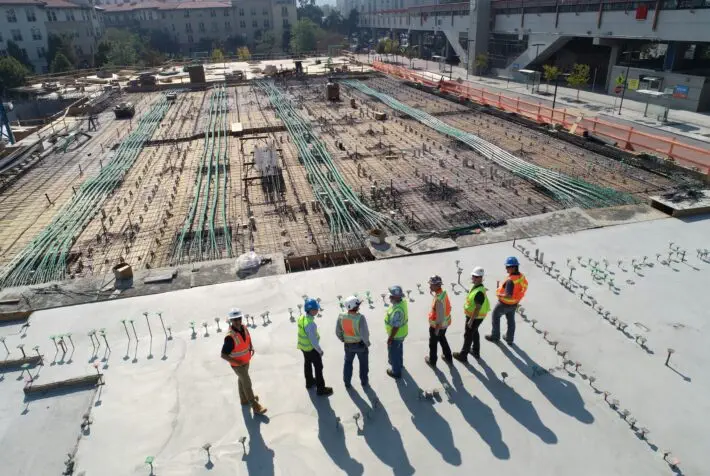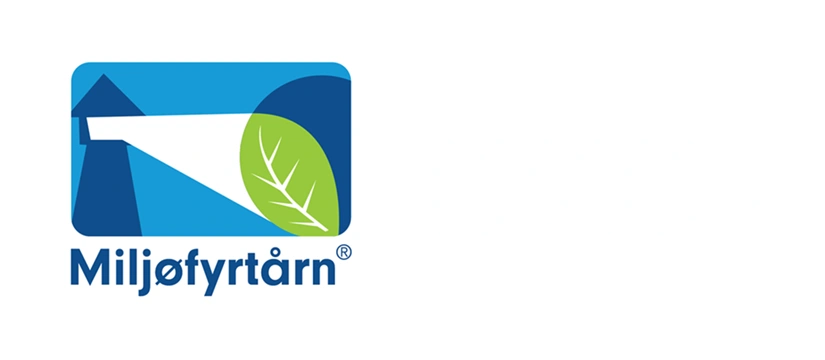Today marks the 10th anniversary of the Rana Plaza disaster in Bangladesh. It is time to reflect on what we have learned from the tragedy, and what we have done to ensure that this does not happen again.
Hear the remarks ETI colleague and Country Manager for ETI Bangladesh in this video.
When the factory building of Rana Plaza collapsed in 2013, more than 1100 workers lost their lives and thousands were injured. The tragedy happened due to a lack of safety precautions at the factory, but also a lack of social dialogue mechanisms and opportunities for workers to raise their voice about concerns at the workplace.
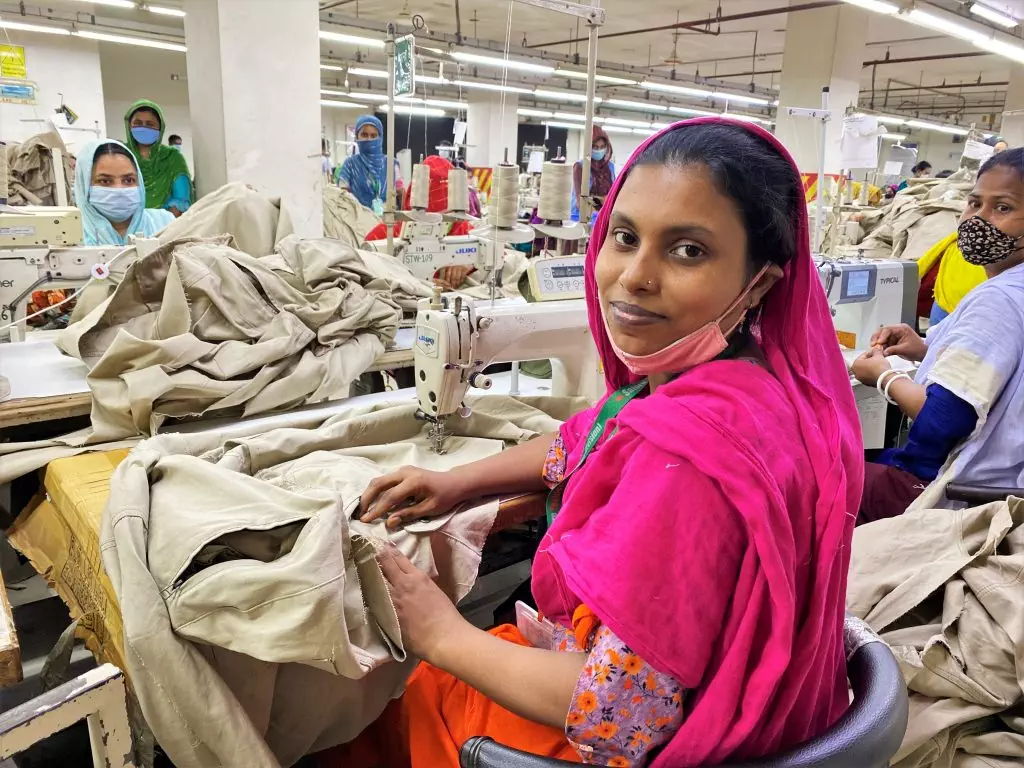
The Rana Plaza tragedy was a wake-up call for many, and led to key buyers and trade unions coming together and creating ground-breaking initiatives like the Accord. The Accord has made tremendous progress to ensure fire and building safety in the Ready-Made Garments (RMG) industry in Bangladesh.
Now it is also time to start thinking beyond the RMG industry. Recently, we have seen fires in markets, supermarkets, warehouses and ports in Bangladesh. If we want safety for all workers, the learnings from the Accord should be transferred into other industries as well.
In 2013 there an ad-hoc trust fund was established to support the injured workers and the families of the deceased. Given the nature of the work done in Bangladesh, and the risks attached, a more permanent mechanism is required. The injury insurance scheme that GIZ and the ILO is working on is such a scheme. This is still in the pilot stage, and requires key stakeholders to actively support the establishment of the scheme permanently.
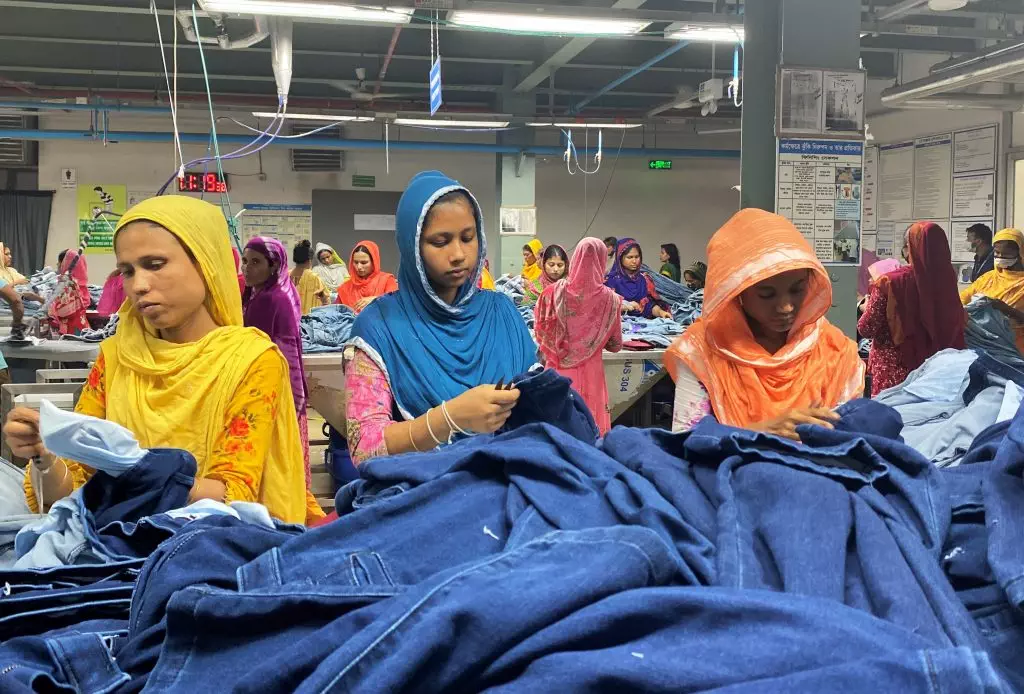
Lastly, decent work cannot be ensured without having effective social dialogue mechanisms both at factory and sectoral level. We have seen improvements in both cases. In Bangladesh, the number of registered Trade Unions have increased and more factories now have active worker representation. At sectoral level we are seeing improvements, with a range of local stakeholders are working to drive industry change. ETI Bangladesh actively leads and partakes in such initiatives.
